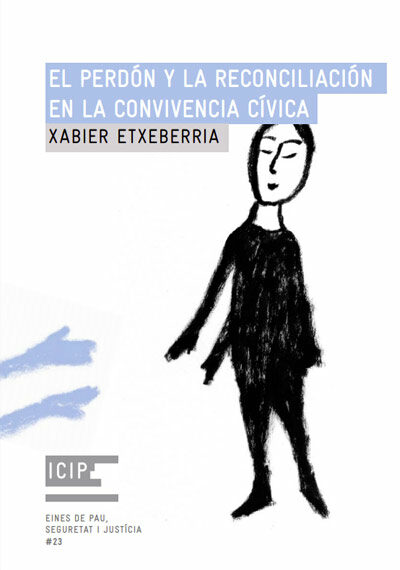Reconciliation Experiences
Reconciliation is a fundamental pillar in the transition to peace, but it must go hand in hand with justice and memory to foster genuine coexistence. It is a complex, evolving process that unfolds over time rather than a fixed endpoint.
Wars and armed conflicts leave deep wounds—some may heal, while others remain open. From the individual level to communities, societies, and even national and international frameworks, reconciliation is inherently fragile. Its success depends largely on how processes of memory and reparation are experienced in all their dimensions—physical, social, economic, symbolic, and spiritual.
For those of us dedicated to peace—whether through research, activism, or civil society efforts—it is crucial to place healing at the center of our work. We can effectively support and strengthen reconciliation efforts at every level by prioritising healing as a core element.
Related Publications
Cooking and Peace: From Ceasefire to Slow Fire
At the initiative of the Colombian consulate in Barcelona and in collaboration with ICIP, dozens of Colombians living in Catalonia took part in the “Cooking and Peace” workshop series from September to December 2024.
Held in El Masnou (Barcelona), the workshops were designed for victims of the Colombian armed conflict. Through traditional Colombian cuisine, collective therapy, and mindfulness, participants engaged in a process of recognition, forgiveness, and reconciliation—key pillars of the peace agreement between the Colombian government and the former FARC-EP guerrilla group.
The initiative was guided by the experience of Colombian filmmaker Iván Guarnizo, whose mother was kidnapped for years by the FARC. In an extraordinary journey of reconciliation, he sought out and made peace with her captor, former guerrilla commander Güérima Mahecha. Their story is captured in the documentary Del otro lado, in which both Guarnizo and Mahecha appear.
Grammatical bodies (Cuerpos Gramaticales)
The Cuerpos Gramaticales project originated in Comuna 13 of Medellín, Colombia, and was later developed in Barcelona in 2017 through a collaboration between ICIP, the Agroarte collective, and the Barcelona City Council.
Bringing together Colombian women, the initiative fosters memory practices that contribute to peacebuilding, symbolic reparation, peaceful resistance, and the recognition of civil society efforts. In Barcelona, the project has combined artistic training with a final performance piece, exploring themes of memory and reconciliation.
For more insight, read “Cuerpos gramaticales”. Live Sculptures in the Ground, an article by Sandra Álvarez Martínez, published in the magazine Peace in Progress in November 2017.
The sowing of Life
In 2018, photographer and documentary filmmaker Ingrid Guyon created the documentary La sembra de la vida (The Sowing of Life) in Barcelona as part of the Cuerpos Gramaticales project in collaboration with ICIP.
Guyon has closely followed the work of Colombian women in the diaspora for years, capturing their stories and contributions.

